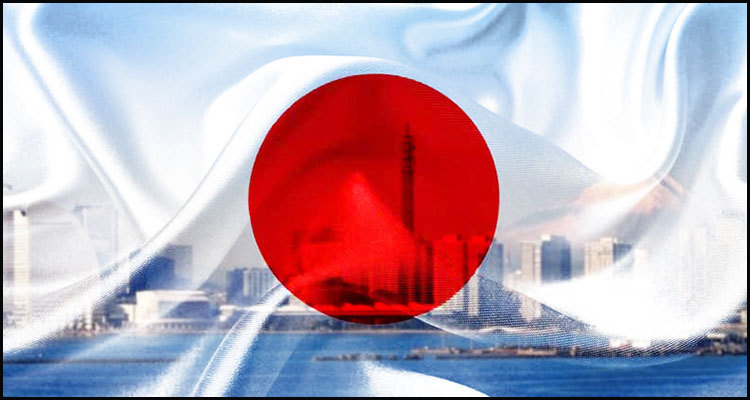In Japan and the city of Yokohama has reportedly launched a second request for concept (RFC) round attached to its effort at securing the rights to host one of the nation’s coming trio of integrated casino resorts.
According to a report from Inside Asian Gaming, the conurbation of some 3.7 million people completed its inaugural RFC process in December by selecting bids from seven candidate operators encompassing Galaxy Entertainment Group Limited, Melco Resorts and Entertainment Limited, Genting Singapore Limited, Sega Sammy Holdings Incorporated, Wynn Resorts Limited, Las Vegas Sands Corporation and Japanese firm Shotoku Corporation.
Dwindling band:
However, the source reported that Las Vegas Sands Corporation has since abandoned its attempt to bring an integrated casino resort to Japan while fellow Las Vegas-headquartered operator Wynn Resorts Limited closed its Yokohama office in August due to financial stresses associated with the coronavirus pandemic.
Epidemic exercise:
Officials in Yokohama reportedly moreover detailed that the  fiscal requirements contained within its first RFC exercise had not factored in the appearance of the coronavirus pandemic and that it now intends to take another run at the process so as to ensure the proposals from its potential partner operators are up to scratch. The Honshu city purportedly furthermore explained that it had been in contact with every one of the seven bidders between January and July and has now invited them to resubmit their revised plans before the end of November.
fiscal requirements contained within its first RFC exercise had not factored in the appearance of the coronavirus pandemic and that it now intends to take another run at the process so as to ensure the proposals from its potential partner operators are up to scratch. The Honshu city purportedly furthermore explained that it had been in contact with every one of the seven bidders between January and July and has now invited them to resubmit their revised plans before the end of November.
Ambitious arrangement:
Yokohama is the second largest city in Japan and is reportedly hoping to take advantage of federal legislation passed in the summer of 2018 so as to bring a Las Vegas-style development complete with multiple hotels, exhibition facilities, retail elements and a casino to a 116-acre waterfront parcel of land near Yamashita Park. Local officials purportedly believe that the presence of such a gambling-friendly venue will help it to attract even more foreign and domestic tourists and lead to an annual tax windfall worth as much as $1.08 billion.



